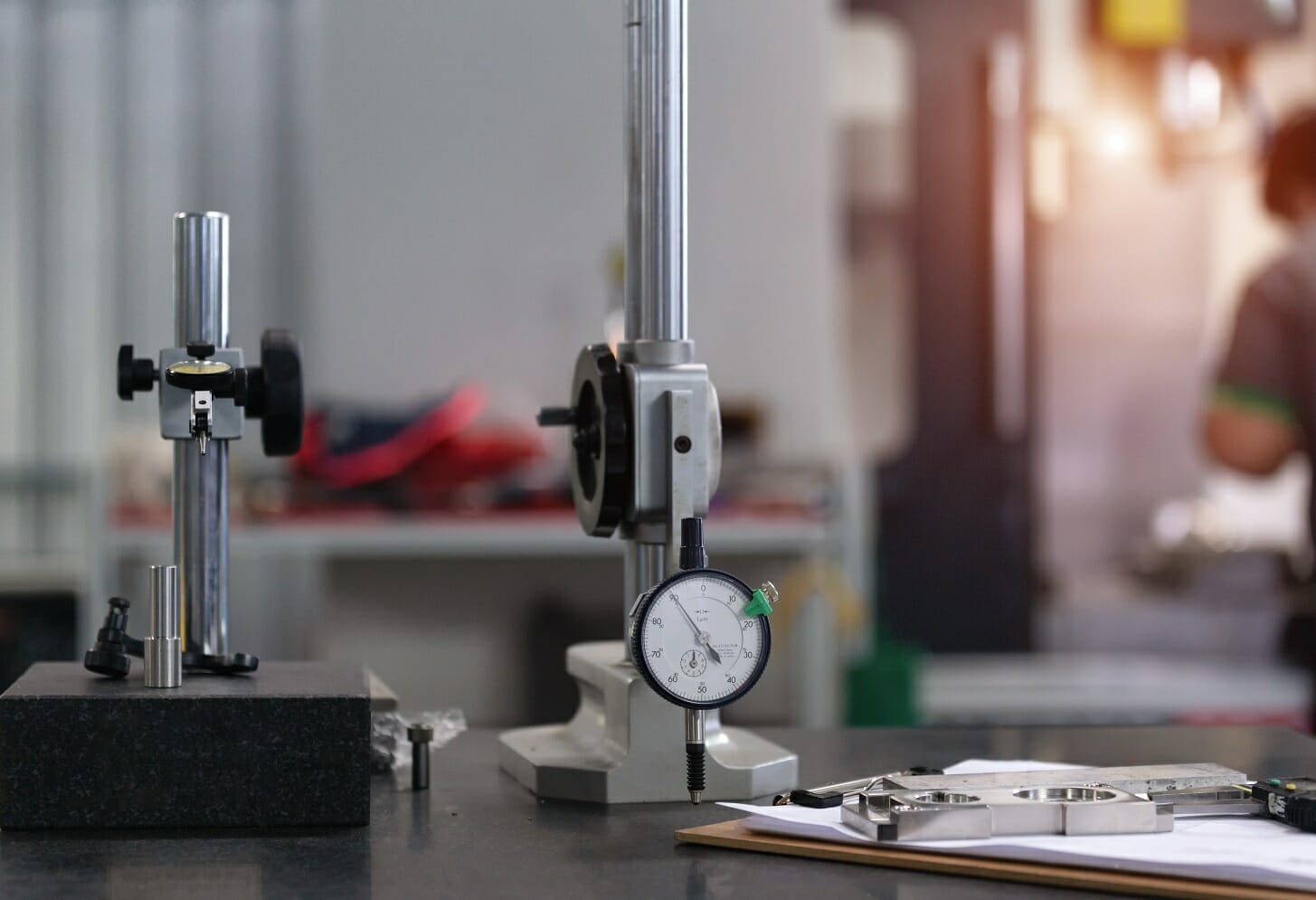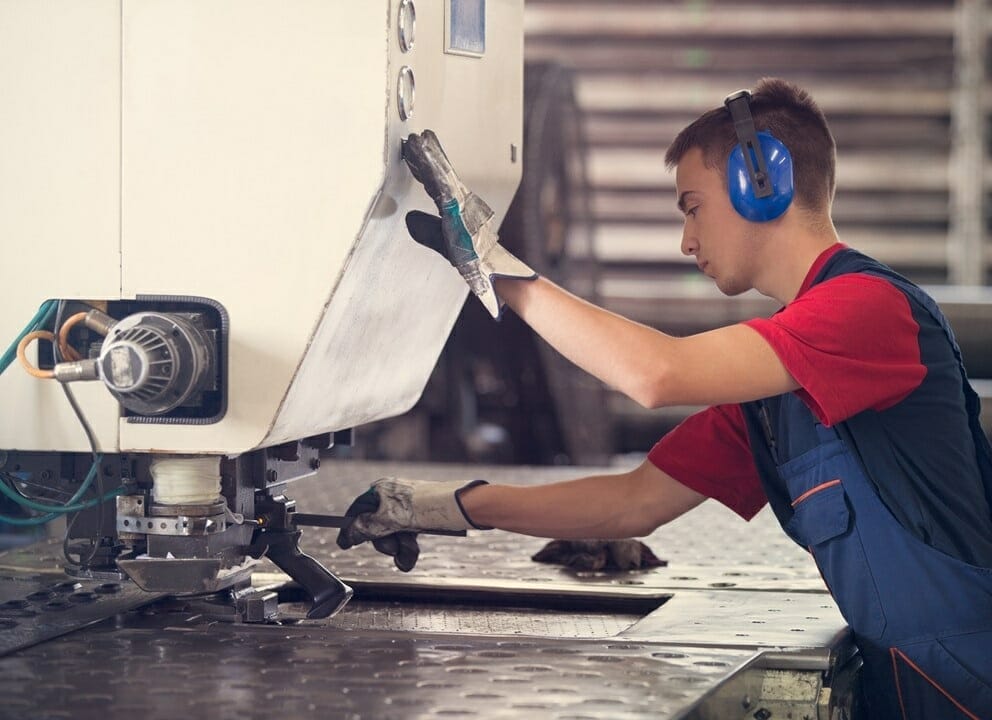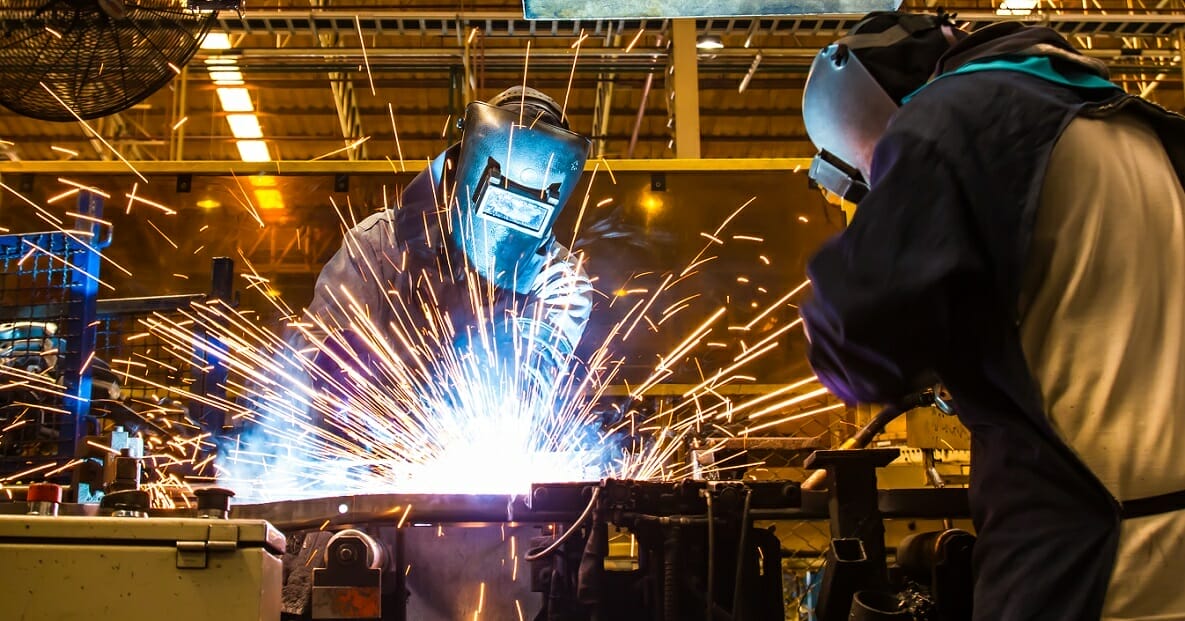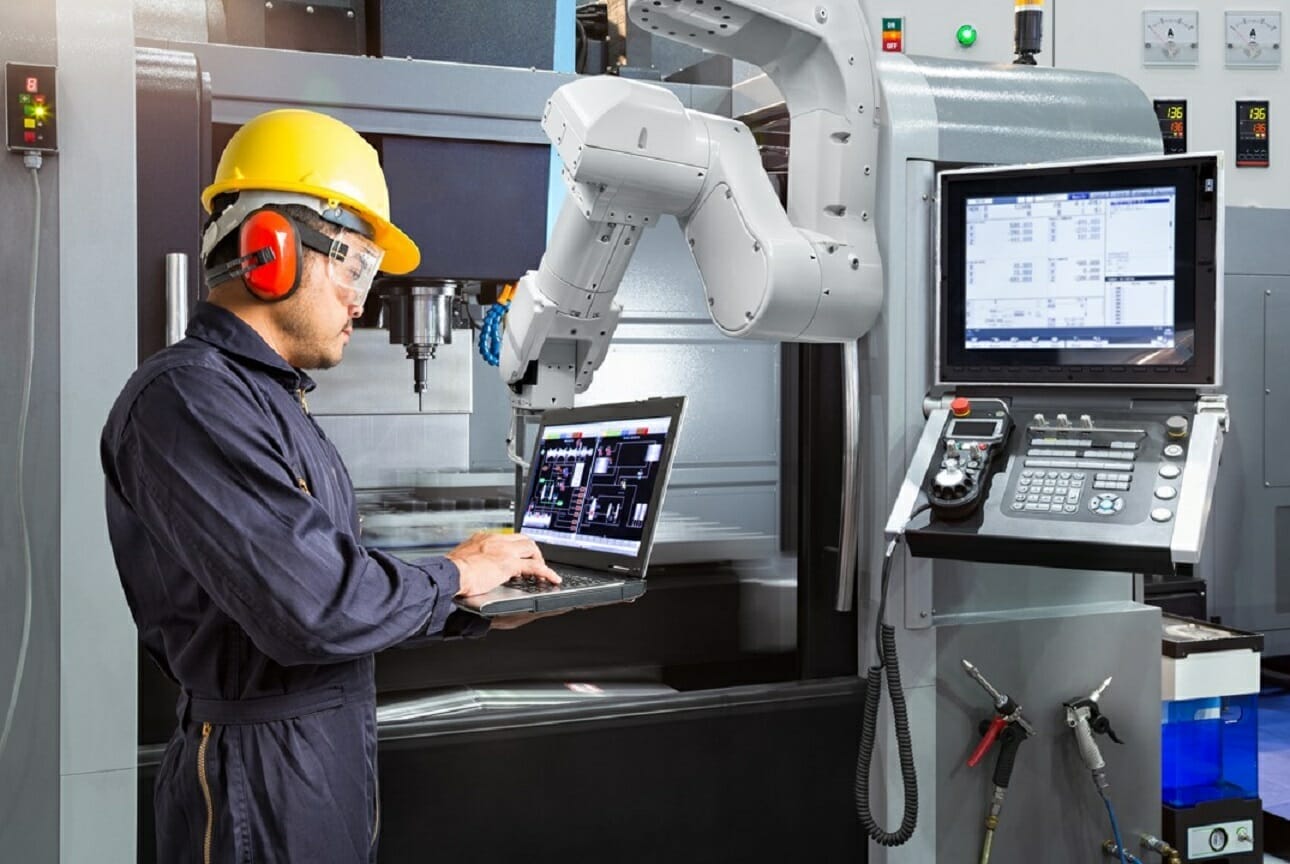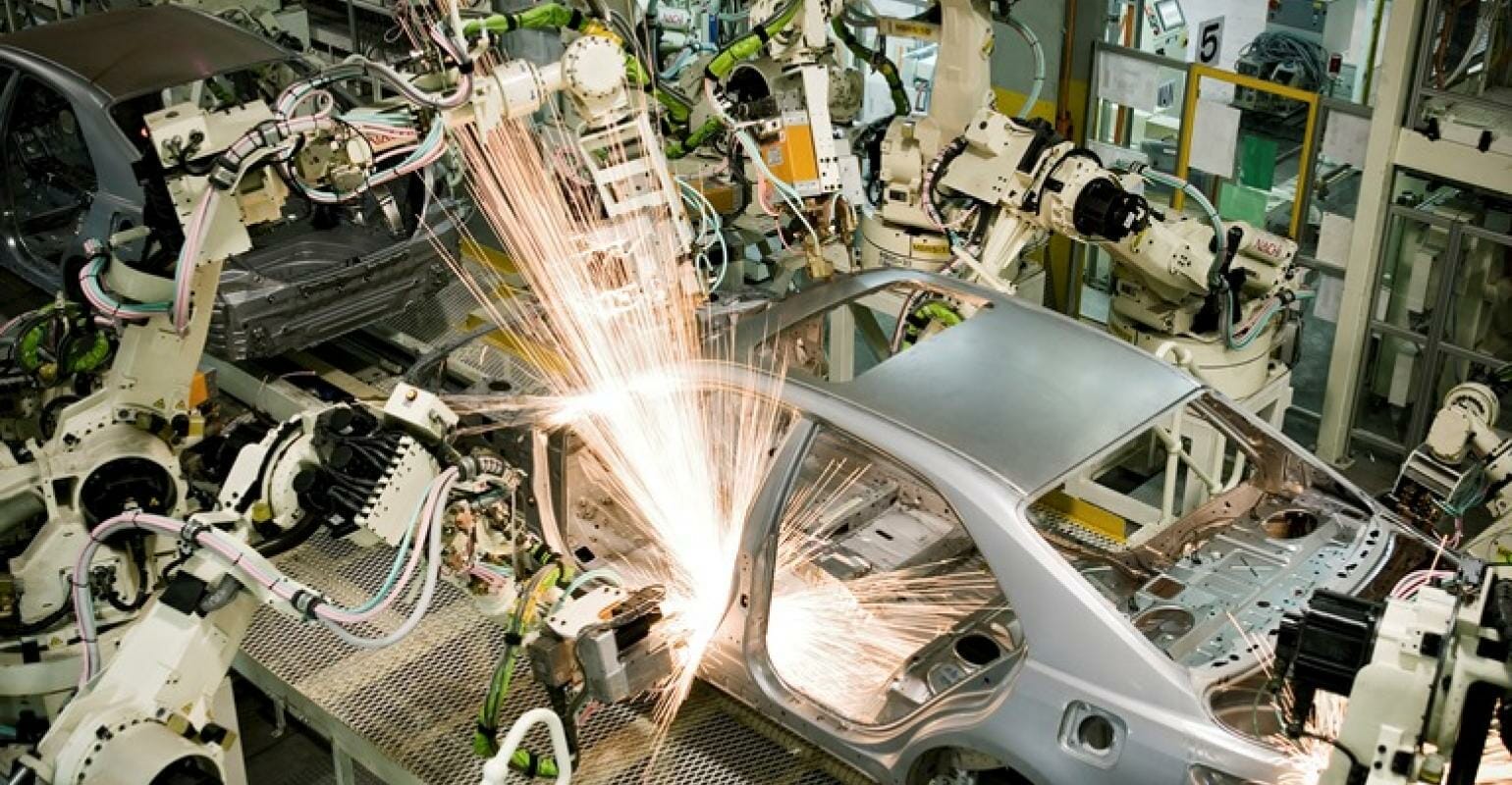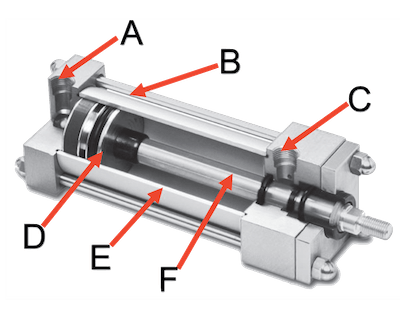When you work in production, tasks are made easier and more efficient with the right technologies. They can contribute to a faster turnaround to meet deadlines, reduce margins for error, and improve the overall quality of manufactured products.
One of the most indispensable technologies in manufacturing is a height gauge. Because a product typically passes through various departments during the manufacturing process, accuracy is crucial. If one department uses an incorrect measurement during their assembly turn, the product’s quality will be substandard. In the worst-case scenario, it may render the product useless—causing lost productivity and less revenue for the manufacturing plant.
With digital height gauges, you can ensure accuracy through every stage of product assembly at your manufacturing plant. It will help your business deliver high-quality products and thus give you a competitive advantage. In this article, you’ll learn what a height gauge is and specifically, how a digital height gauge works.
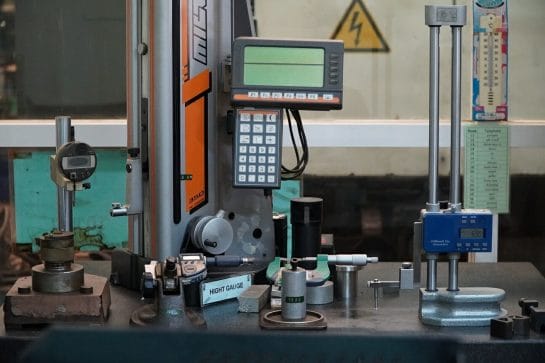
What Is A Height Gauge?
A height gauge is a high-precision metrology instrument. Specifically, it measures the height of objects. What makes it so invaluable is that it also provides marked locations, relative to a reference plane, on the item for future use.
Different height gauges include vernier height gauges, dial height gauges, electronic height gauges, and digital counter height gauges.
Today, digital height gauges are the most accurate. The best gauge, available from Eley Metrology, has a maximum error range of a mere 3,5 microns. With UKAS certification, their Vertex VMS digital gauge is the most advanced one available. With three different sizes, it caters to several industries and allows them to benefit from better quality control.
Good-To-Know Facts About Height Gauges:
- Height gauges establish precise and accurate dimensional locations and feature characteristics in manufacturing processes for quality control.
- Height gauges can measure whether product features are in the correct positions according to their design drawings and specifications.
- Amongst other things, height gauges also measure angles, flatness, and straightness (or perpendicularity) and can verify center dimensions.
How A Digital Height Gauge Works
- The measuring scale is inside a sliding carriage with a moving stylus which is attached to a vertical axis beam.
- The configured beam has a rigid and sturdy material that is perpendicular to the gauge’s base height, providing measurement stability.
- The adjustable carriage movement has adjustment screws for seamless control, locking it into position.
- The granite surface plate is a useful feature of a height gauge, which scribes and measures components from the datum plane. It locates the desired specifications with a touch probe and the aid of scribe measurements.
How To Take Digital Height Gauge Measurements
Preparation
As with any manufacturing process, it’s important to prepare the work surface before using your digital height gauge. Make sure that the digital height gauge is seated on the measurement surface properly for stability and accurate measurements. No objects should obstruct it. Inspect the bottom of the gauge before using it to ensure it’s also stable to avoid interference with the result. Remove any dirt or other forms of contamination.
On the measurement surface where you will place the height gauge, remove burrs, scratches, and other imperfections using an abrasive, like a cera stone or a rubber stone. Using a mild cleaning solvent like denatured alcohol is highly recommended to remove any accumulated material from using the stones.
How To Prepare The Work Area:
- After the surface of the cleaning height gauge, dry it properly. Digital height gauges provide the most accurate measurements but can be dirt sensitive.
- Before you attach the measuring jaw to the instrument, clean it first. Use a tissue paper or a clean, soft cloth to remove any dirt.
- Free the scale slider by loosening the locking screws and moving the slider up and down to check if the display registers change.
Measurement
Once cleaned properly, the digital height gauge should be zeroed out. Use a test probe and bring it to the surface as the reference point. Press down the corners to test the surface, and check for reading variations that may indicate an incorrect surface level. Cleaning and stoning the surface plate can help resolve the problem.
When taking digital height gauge measurements, use a block to lift the object’s base beyond the gauge’s range. This makes the object’s surface the starting point, and the zero points are the platform surface. You can also preset the block’s height for more precise measuring of height.
How To Take The Measurements:
- The work surface is the point of measurement.
- The measuring force of the jaw and platform surface must be 3–5 Newton.
- The LCD screen should show a value of zero
- Hold the rod against the surface plate to adjust the measuring jaw to the nearest centimeter or inch.
- Get the reading by checking the LCD screen.
Conclusion
Using a configured beam, a digital height gauge measures the height of objects and scribe locations with great precision and accuracy. When using your digital height gauge, ensure the measuring surface is smooth and free from contamination (like dirt) as it can potentially interfere and result in inaccurate measurements.
Using this high-precision measuring technology in your manufacturing will ensure better quality control and increase production efficiency. With increased efficiency, your business can stand out above the competition and enjoy a larger market share.


